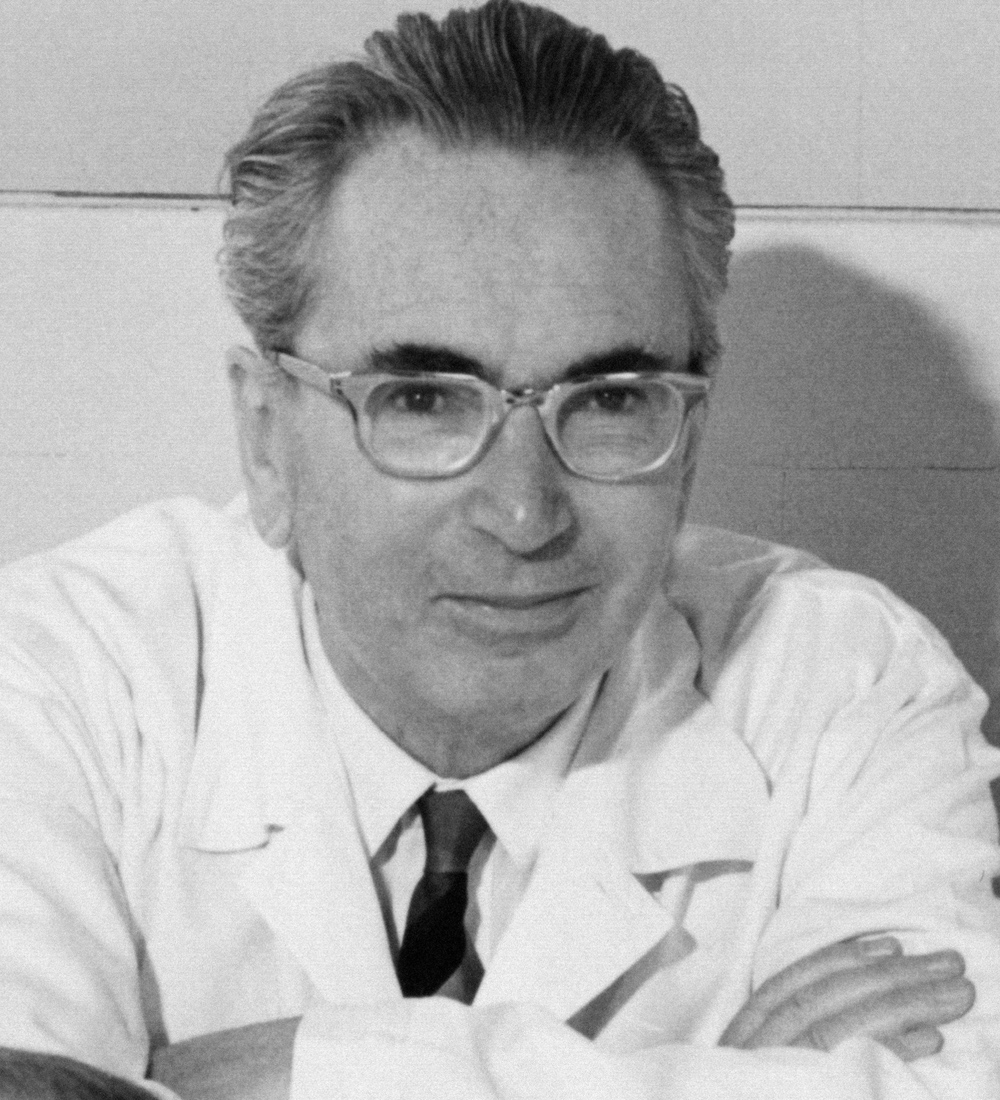The classic tribute to hope from the holocaust
-By Victor Frankl

Victor Frankl
‘It did not really matter what we expected from life rather what life expected from us’
This book is based on the reflective notes of Dr Victor Frankl about his experience in the Nazi concentration camps. It is a collaboration of his personal experiences and gripping stories with references to other existential antecedents and quotes from humanistic and psychoanalytic schools.
Austrian neurologist- psychiatrist, philosopher and holocaust survivor Dr Victor Frankl is the founder of ‘Logotherapy’, a form of existential psychology. He has been awarded with several accolades for his achievements. His acknowledgement of meaning as a central motivating force and factor in mental health is his everlasting contribution to the field of psychology.
Frankl observed that those who found a meaning or purpose in their suffering were the ones who seemed to be better able to find the strength to go on. He noticed that it was the men who comforted his fellow men and who gave away their last piece of bread who survived the longest and who offered proof that everything can be taken away from one except the ability to choose the attitude in any given set of circumstances.
“One should not search for an abstract meaning of life. Everyone has his own specific vocation or mission in life to carry out a concrete assignment which demands fulfillment, therein he cannot be replaced nor can his life be repeated”, he says.
The sort of person the prisoner in the camp became, was the result of an inner decision and not of the camp influences alone. Only those who allowed their inner hold on their moral and spiritual selves to subside eventually fell victim to the camp’s degenerating and lethal influence. Those who made a victory of those experiences turned them into an inner triumph. Frankl came to believe that man’s deepest desire is to search for meaning and purpose. This outstanding work offers us all a way to transcend our sufferings and woes and find significance in our lives.
‘’If there is a meaning to life at all, then there must be a meaning in suffering. Suffering is an ineradicable part of life even as fate and death”.
Divided into two sections, the first section focuses on the brutality and ruthlessness every prisoner faced at the concentration camps. The diverse phases of the concentration camps and how each phase transformed the prisoner from their previous stages of life and how they developed various pathologies has been depicted meticulously. The experience of brutality has been toned down by the author gradually softening throughout this section.
“Live as if you were living already for the second time and as if you had acted the first time as wrongly as you are about to act now”.
In the second section, the author crystallises the concept of ‘Logotherapy’. The nature, meaning and goals are well detailed in this section. The finest dissimilarities between psychoanalysis and logotherapy are clearly defined. The author introduces here various concepts like existential vacuum, existential frustration and the responsibility of survival. This section may be fascinating for some interested in human psychology, but at the same time might turn some people off owing to the loads of complexities of terminologies, statistics and medical references.
“For the meaning of life differs from man to man from day to day and from hour to hour. What matters therefore is not the meaning of life in general but the specific meaning of a person’s life at a given moment”.
The quintessence of this book, it’s emphasis on meaning, the value of suffering and the responsibility to be something greater than the self- seems to be at odds with our civilization which is more interested in the pursuit of individual happiness than in the search for meaning and purpose. A recommended read for anyone in search of a meaning or purpose to life.
This book is available as an audiobook, paperback and Kindle version.
Featured Image source :
https://commons.wikimedia.org/wiki/File:Viktor_Frankl2.jpg









